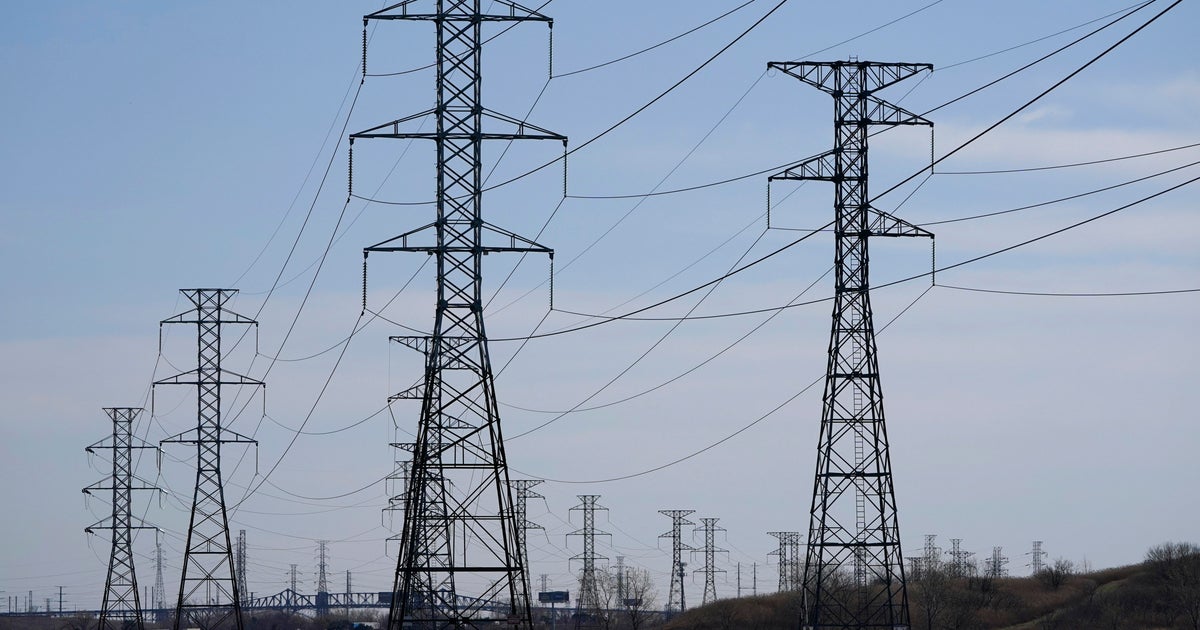
A July 11 post in a Hoboken, New Jersey, parenting group on Facebook pointed to a frustrating trend: “Our utility bill is more than double what it was last month. … Anything we can do about it?” The post had several dozen replies and most of the commenters said their home utility bills had also risen dramatically.
On the campaign trail a year ago, President Trump vowed, “Under my administration, we will be slashing energy and electricity prices by half within 12 months — at a maximum, 18 months,” but this year has seen energy prices rising in several states. Residents and governors in five East Coast states are blaming electric supplier, PJM Interconnection. The company is the largest grid operator in the U.S., serving 13 states and 65 million customers.
In New Jersey, energy prices increased on June 1, causing a 17-20% jump in residential customers’utility bills. The utility company PSE&G told its New Jersey customers they should expect to see a higher monthly bill of about $183 for the average customer, an increase of $27.
PSE&G attributed the price hike to “an increase in energy demand combined with the need for new power generation,” which it said “has driven higher supply prices.” As a utility, PSE&G pointed out that it doesn’t earn a profit on the electric supply, so “these costs are passed through directly to customers.”
PJM says it is experiencing a rapid increase in energy demand, driven by the power requirements of artificial intelligence, data centers, electrification and a resurgence in U.S. manufacturing. In its latest forecast, PJM forecast a growth in energy demand of 5% over the next 10 years.
“We don’t have enough newer, more reliable energy sources,” said Alex Ambrose, a policy analyst at New Jersey Policy Perspective, a nonpartisan think tank.
Ambrose says that renewable sources like wind, solar, and battery are the cheapest and fastest forms of energy to bring online and faults PJM for its reluctance to bring clean energy into the grid: “PJM is also keeping older coal gas plants running, even if they are uneconomical and more expensive.”
But in an op-ed in NJ Spotlight News, the company blamed a shortfall of energy on “state and federal decarbonization policies and some economic pressures” for closing fossil fuel-based power plants in New Jersey. PJM also said it has a queue of 63 gigawatts of projects — enough to power more than 47 million homes — waiting to be connected by 2026, and an “overwhelming majority” of those projects are renewables.
Rising utility bills likely an issue in New Jersey governor’s race
Energy Secretary Chris Wright is starting to worry that high energy prices could hurt Republicans at the ballot box. In a recent interview with Politico, he blamed Democratic policies for “pushing prices up right now,” but conceded the political reality that Republicans may suffer in the next elections.
“Who’s going to get blamed for it? We’re going to get blamed because we’re in office,” he said.
New Jersey is poised to be among the first to test the issue in the governor’s race this November.
“Affordability is the number one issue in this race, and rising energy prices are also at the top of everyone’s mind,” Ambrose told CBS News.
Mikie Sherrill, the Democratic nominee for governor, in July released a statement accusing PJM of “mismanagement” of the grid: “PJM has refused to plug clean, cheap power like solar into the grid, while giving preference to coal and oil.”
And earlier this month, her opponent, Republican nominee Jack Ciattarelli, wrote in a post on X about “Rebecca in Highland Park,” whose electric bill he said had tripled, “to more than $1000.”
“Why? Because Trenton Democrats, with the approval of my opponent Mikie Sherrill, shut down six electricity generation plants around the state, stopped burning natural gas, and didn’t expand our nuclear capabilities in South Jersey,” Ciattarelli said.
“We can look at how folks are going to vote in this upcoming election, as a reflection on how they’re feeling about the country at large,” says Ambrose, “This affordability problem is not going away.”
A Fairleigh Dickinson University poll earlier this month found that 26% of voters blame the utility companies for price hikes, 19% blame Democratic Gov. Phil Murphy, and 10% say that energy producers are at fault. Murphy is not running for reelection due to term limits.
“Utility bills directly impact elections,” says Rob Gramlich, president of Grid Strategies, a D.C.-based energy consultancy firm. Gramlich pointed to the most infamous example of this, the California recall election in 2003, prompted in large part by the state’s energy crisis. It cost Democrat Gray Davis the governorship and handed it to Republican Arnold Schwarzenegger.
Gramlich indicated he expects energy prices to remain high for the foreseeable future, predicting that “two years from now, we’re going to see a lot more policy discussion about it.”
